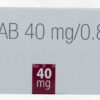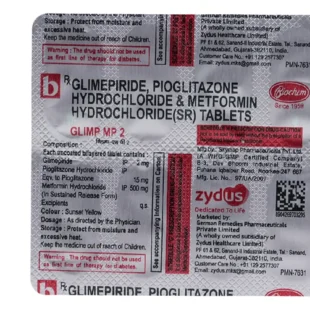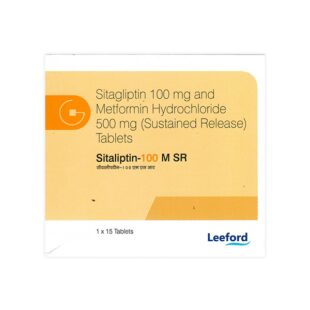- Your cart is empty
- Continue Shopping
Picasa Syrup
Uses of Picasa Syrup
- Treatment of fungal infections
Introduction Of Picasa Syrup
Picasa Syrup belongs to a class of drugs called azole antifungals containing the active ingredient Posaconazole. It is used to treat and prevent certain fungal infections. The medication is commonly prescribed for preventing and treating invasive fungal infections in patients with weak immune systems, such as those undergoing cancer chemotherapy, stem cell transplantation, or those with HIV/AIDS. It also treats certain fungal infections in individuals who cannot tolerate or have not responded to other antifungal treatments.
This drug is contraindicated in individuals with known hypersensitivity or allergy to other antifungal medications like ketoconazole, fluconazole, itraconazole, or voriconazole. Before taking Picasa Syrup, it is necessary to consult with your physician if you have certain heart conditions like abnormal heart rhythm (long QTc interval), weakness of the heart muscle, heart failure, or any heart rhythm disturbances, or if you experience severe kidney problems, diarrhea or vomiting while on treatment with this drug, it’s important to inform your physician immediately, as these conditions may affect the medicine’s effectiveness.
Picasa Syrup may affect the levels of potassium, magnesium, or calcium in the blood. If you have any problems with these electrolyte levels, your doctor will monitor you closely during treatment. If you are taking medications such as vincristine, vinblastine, or any other vinca alkaloids drugs which are used to treat cancer, you should also inform your physician before initiating the treatment. If you are pregnant, use this drug only if your doctor advises. Consuming this drug while breastfeeding may be unsafe because it passes into breast milk and affects the child. Do not breastfeed while taking this medicine.
Therapeutic Effects of Picasa Syrup
Picasa Syrup works by inhibiting the synthesis of ergosterol, a vital component of the fungal cell membrane. This disruption weakens the membrane, leading to cell death, and effectively treats fungal infections.
Interaction of Picasa Syrup with other drugs
Inform your physician about all your medicines, including prescription, over-the-counter, nutritional or vitamin supplements, and herbal products. Certain medications such as terfenadine, astemizole, cisapride, pimozide, halofantrine, and quinidine may interact with Picasa Syrup and reduce effectiveness by causing undesirable side effects.
More Information about Picasa Syrup
- Store Picasa Syrup below (30°C).
- Protect from light and moisture.
How to consume Picasa Syrup
It is necessary to take the syrup as directed by the physician. Shake the Picasa Syrup well before use. Do not freeze and any syrup left in a bottle more than four weeks after it was first opened should not be used.
Safety Advices for Picasa Syrup
Pregnancy
Consult your doctor
If you are pregnant, suspecting, or planning for the pregnancy, consult your doctor for more advice before taking Picasa Syrup.
Breast Feeding
Consult your doctor
Taking Picasa while breastfeeding may be unsafe because it passes into breast milk and affects the child. Do not breastfeed while taking this medicine.
Lungs
Consult your doctor
It is unknown whether Picasa is safe for patients with lung problems. Inform your physician if you have lung disease before starting the treatment.
Liver
Consult your doctor
Inform your doctor if you have liver disease because the Picasa should be used cautiously with a liver condition.
Alcohol
Unsafe
It is unknown whether consuming alcohol during treatment with Picasa Syrup is safe.
Driving
Consult your doctor
Some side effects of Picasa may impair your ability to drive or operate machinery safely. It is unsafe to consume this drug.
Side Effects of Picasa Syrup
Serious
- Serious allergic reactions
- Skin rash or ulcers in the mouth, bruising, pale skin
- Yellow discoloration of eyes and skin, abdominal pain
Common
- Loss of appetite
- Low white blood cells
- Mild increase in blood pressure
- Diarrhea
- Nausea, vomiting
- Rectal discomfort








Reviews
There are no reviews yet.